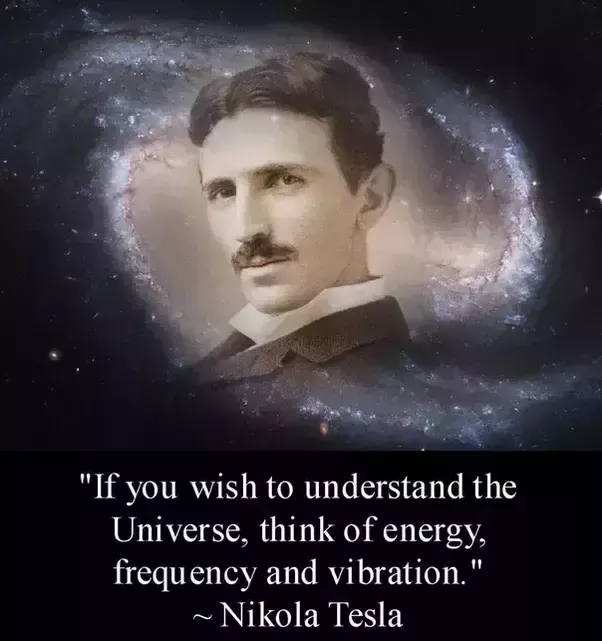I enjoyed listening to Donald Hoffman’s book The Case Against Reality where he argues for the FBT theorem (Fitness Beats Truth) along with ITP (Interface Theory of Perception) which together essentially say what we sense about reality is just an interface, like a computer desktop, which we experience based on values of evolutionary payoffs for fitness, not true reality. A blue icon representing an important document isn’t “real.” It’s just pixels on a screen through many layers of abstraction representing a connection to a specific sequence of ones and zeros in the memory of the computer system. Just because it’s not real doesn’t mean it’s not important. Dragging that blue document icon to the waste bin icon would destroy it. In a similar way, Hoffman argues, stepping in front of a speeding car will have very important results, even if the car isn’t “real” but instead a property of our interface for fitness payoffs. His dive into evolutionary game theory shows rather convincingly that any evolutionary process which rewards accuracy towards truth instead of accuracy towards fitness points results in failure. Those who see fitness payoffs instead of truth reproduce and thrive.
This is concerning for someone like me who deeply desires to be less wrong about my own nature and the nature of my lived experience. As someone who has written software, I want to ensure the ability to manipulate the ones and zeros to adjust the experience of the interface have the desired outcome for the user. In a similar way, if I’m ever to do something significant in the world, I want to be less wrong about how tweaking underlying systems of energy, frequency, and vibration (NPMR or “non-physical matter reality” according to Thomas Campbell) impact our interface of PMR (“physical matter reality”).

Which brings me to my central thought this morning:
How are you being manipulated by primitive evolutionary markers for fitness payoffs?
There are so many ways our fears can influence how we interact in the world. This goes all the way back to how we evolved to thrive in tribal communities, taking queues from one another through the whites of our eyes and more. Being rejected by the group could have meant death and the inability to reproduce and spread your genes (maybe that’s why so many fear public speaking). This is just one of many irrational emotional responses we have which are baked into our primitive human system.
There are many others such as sexual queues (or misrepresentations of them) which cause all kinds of irrational behavior. Even the drive for more and more wealth can be a response to the evolutionary desire to represent oneself as a good mating partner. So much of this doesn’t even make sense, and yet it still acts as a strong (often unconscious) force behind so many of our daily actions.
Is there any benefit to knowing these things?
I think so. I’d go so far as to say the long term survival of our species depends on it. Our technology is advancing much faster than our physical evolution. We are like primitive children playing with fire, not realizing how close we are to burning everything down. We may not physically be able to level up fast enough and accelerate our evolution towards different fitness payoffs which more accurately result in outcomes we prefer, but we can certainly try. We know the levers to pull (dopamine, serotonin, adrenaline, norepinephrine, oxytocin, etc.) and advertisers, marketers, and governments pull them often. What if we could be conscious enough to see the strings we are attached to? What if we could someday cut the strings, like Pinocchio, and become a real boy?
The study of awareness and consciousness and the true nature of self and existence is, to me, really important because it removes inaccuracies which can lead to less than desirable outcomes. Knowing the game lets us readjust the game. If, for example, our species is on track to destroy itself, it makes sense for our genes to kick in and nudge towards something more enlightened. I’m not suggesting evolution has some special role to pay in specifically keeping Homo Sapiens around (though it is fun to speculate about higher powers and such), but I do think the evidences of very advanced civilizations more than ten thousand years ago might suggest we’ve been through some cycles before and there may be some genetic memory there once again pushing towards evolution not just of the body and brain, but also the mind and consciousness.
Maybe there are only a few of us out there who deeply care about this stuff as if it’s more important than anything else. Maybe it’s just a fool’s errand to imagine we can be less wrong regarding truth and deception as we continue to respond to fitness payoffs. Or maybe you see me and I see you and together we can make small adjustments in our daily lives and awareness regarding our primitive responses to not be controlled by them, but to master them and have them serve our creative will and beautiful intention. Maybe the emergent properties of many individuals responding in this way could lead us to explore the universe.
Peace, love, joy, and comfort to you this Monday morning. I’ll root for you as I root for myself to see through the deception and recognize our emotional responses as being (if Hoffman is right) important, but not real.
Interesting article, I share the same concern!